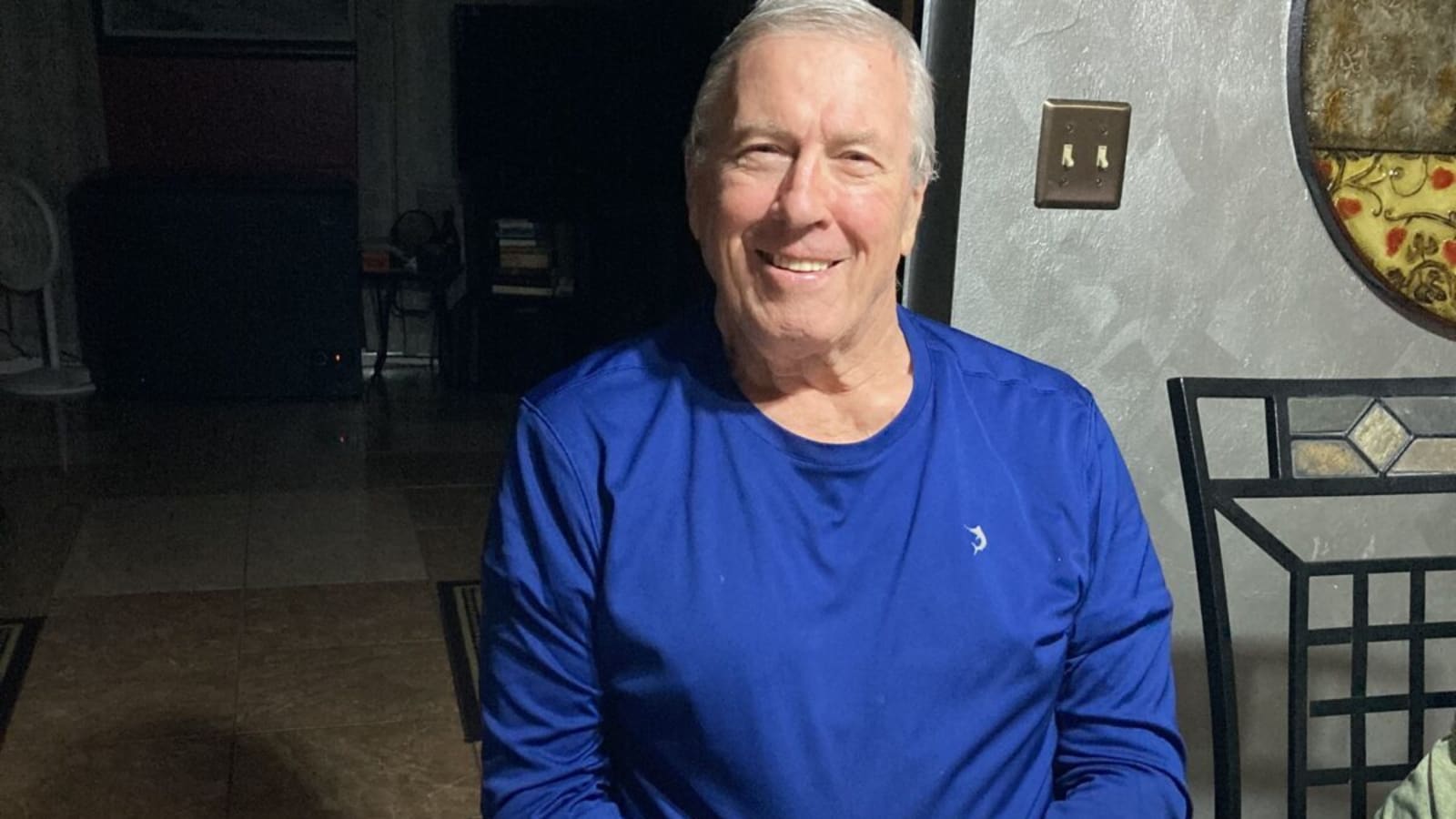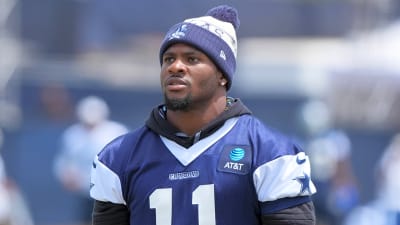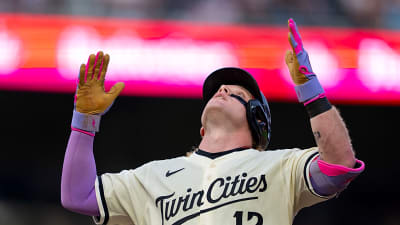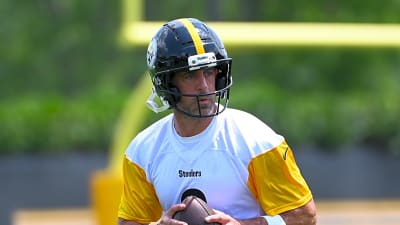
During a recent visit to Fort Myers, Florida, I had the chance to interview Boston Bruins great Don Awrey. He played 979 games in the NHL over 17 seasons and 10 of those were with the Bruins where he won two Stanley Cups (1970 and 1972). He won another with the Montreal Canadiens in 1976. He also played for Team Canada in the 1972 Summit Series against the Soviet Union when Canada’s best NHLers took on the Soviet national team at the height of the Cold War. He suited up for the St. Louis Blues, the Pittsburgh Penguins, the New York Rangers and the Colorado Rockies before his career came to an end in 1979.
Awrey was a stay-at-home defenseman often paired with Bobby Orr. He was best known for his skating, shot-blocking and the bone-crushing hits he delivered cruising the blue line. Despite his formidable reputation on the ice, he’s a perfect gentleman with an easy smile and a quick sense of humour. He’s humble and understated in the classic tradition of Canadian hockey heroes.
Up until recently, Awrey played old-timers’ hockey in Fort Myers where he lives with his wife Marie – a proud Long Islander and Don’s partner going back to his days with the New York Rangers. Both are now off-ice officials with the Florida Everblades of the ECHL.
Here’s my interview with Awrey edited for highlights and length. (special thanks to Ken Platt and Brian McMahon of the Fort Myers’ Old Timers Hockey League for arranging the meeting)
THW – You had a remarkable career in the NHL. You had to have had something special that kept you going for 17 seasons – what was it? Heart? Perseverance? . . .
Awrey – Yes, I did have a long career – especially when you realize that I had a three vertebrae spine fusion before I even turned pro. Who’s to say why I was able to play that long in the NHL? I don’t want to toot my own horn, but I suppose it had to be those things you mentioned. I was also a great skater and whether that helped carry me through, I don’t know. I certainly had the desire. And I was able to go with the boys after the game and drink with them! You had to be a team man and that meant backing them up on the ice and then going with them for a few beers after the game.
THW – So tell me about the boys. Who were some of the players who influenced you? You mentioned Phil Esposito before we began the interview . . .
Awrey – Yes, Esposito because we were very good friends. I still see him down here in Florida if we have a Bruin reunion of some sort. I remember his interview after Game 4 of the ’72 Summit Series in Vancouver when he called out Canadian fans for booing Team Canada. That was Phil – he was an opinionated person. Esposito was the first guy to the bar and the last to leave! But all joking aside, he was a great friend of mine and he and his wife and my wife and I went out all the time. But I don’t see the fellows that often anymore. You have to remember that some of the guys I played with are getting long in the tooth.
As for other players, I think about Derek Sanderson, Don Marcotte and certainly Bobby Orr. Without ever saying so, Orr could carry the team if he had to. I can’t speak more highly of Terry O’Reilly – he was an absolute gentleman.
THW – What about the guys you played against? Who were the players that you worried about the most?
Awrey – Maybe Yvan Cournoyer, Frank Mahovlich, Jean Beliveau, Rocket Richard, Henri Richard, Gordie Howe – those were some of the greats. Howe was big and wide – really strong. And you didn’t mess with Gordie.
THW – Looking back, you played for some great coaches in Boston – the great Milt Schmidt and Harry Sinden. Who had the biggest influence on your career?
Awrey – Well, Hap Emms was my mentor in junior hockey. He was a disciplinarian. If I hadn’t been a good junior . . . well, you just don’t make it to the pros if you’re not a good junior. For me, it was Junior B, Junior A and then up the ladder. Emms taught me that you only get out of it what you put into it. And that goes for life in general.
THW – At what point did you know you had a shot at playing in the NHL?
Awrey – I don’t think you ever know that. It’s just one of those things – you just came up through the system.
THW – You were a defenseman. Did you have a favorite partner?
Awrey – Well with the Bruins I played with Tom Johnson and Leo Boivin – older guys getting near the end of their career. And here I was – the young guy just starting out. I was a very good skater – not that I could do a lot with that. But if somebody made a mistake I could help them out. I could move the puck.
THW – You played with Bobby Orr – what was that like? Did you have to adjust your game?
Awrey – Well, I never knew what he was going to do when he had the puck. For that matter, I don’t think he knew! So, my job was to back him up – just let him go, let him do his thing. Because he always had the puck! Orr didn’t play in a “system” – he had the puck all the time and went all over the place! I mean, don’t give the puck to me – I didn’t know what to do with it! But I had the wheels to cover for Orr. I was just one of the many defense partners Orr had through the course of his career. But I was one of them during the time when the Bruins were successful. Orr was a complete gentleman and to this day he still is.
THW – Speaking of Orr, do you remember the Toronto Maple Leafs’ Pat Quinn levelling him in Game 1 of the 1969 Quarter Finals in the Boston Gardens?
Awrey – I do remember it! Bobby zigged when he should have zagged. Quinn caught him with his head down. But Bobby came back! As the story goes, Quinn went to a bar after the game and when the patrons found out it was him they wanted to kill him. You didn’t fool with Mr. Orr in Boston!
THW – As a defenseman, say something about blocking shots.
Awrey – Well, you don’t want to get hit in the n*ts! Getting hit with the puck didn’t hurt – what you had to worry about was getting hit in the face. Back in my day there were no visors, no helmets – no anything! That’s why I have a denture. My teeth are so nice today – they’re all bought and paid for! I had a good dentist. I don’t think I went down as much in my earlier years to block a shot, especially when I was facing a Bobby Hull!
THW – When you played in the league, who do you think had the highest compete level?
Awrey – Maybe John Ferguson. What he lacked in ability he made up in effort. But I think anyone who makes it to the NHL has a very high compete level. I’m sometimes asked whether you’re born with that or whether you can learn it and that’s a good question. I think it could be a little bit of both. It was certainly instilled in you from the time you were a kid. Maybe it comes from a parent – a father. In my case, I just seemed to have it. I guess I was born with it. I played other sports, and I wanted to be the best at everything I did.
I still have a competitive nature. You never lose it. I hope it never leaves me even as I grow old. Even at my age, you get irritated when somebody takes the puck off you – that’s the way everybody should be when they play.
THW – Leaving Ferguson aside, what about you? When you played in the NHL how did you feel about the guys in the opposing sweater?
Awrey – You don’t have to like the guy playing on the other team. But you have to respect him. You don’t want to hurt him. He’s got to go home. He has a family to support. In a way we were gladiators. But you have to get into your opponent’s face.
If I didn’t like a guy, I’d tell you. But I haven’t met very many people in life that I haven’t liked.
THW – Are you still a Boston Bruin? Is that still where your heart is?
Awrey – Yes, I kind of think so. That was my longest tenure with a team in the National Hockey League. It’s the teams you win with where you have the best memories – not the teams that you played for that didn’t do well.

THW – You played 10 seasons in Boston. How did it feel when they traded you to the St. Louis Blues in 1973?
Awrey – You have to pick up and go. You had to roll with the punches. What choice did you have? As a pro that goes along with the territory.
THW – Leaving aside the Bruins, what was your next favorite team?
Awrey – Well, it’s always nice when you win. So, when I went over to Montreal, we won! (Stanley Cup 1976) If you don’t win it’s tough – it’s a tough grind. It’s tough getting on the bus and on the train and travelling. But if you’re winning, things change.
THW – Thinking back to the Bruins-Canadiens rivalry of the 1970s, they say that you guys hated each other. Was that true?
Awrey – (Laughs) Well as much as you could dislike a team and you’re going head-to-head. But because there were only six teams in the league there were rivalries all over the place – Chicago and Detroit for example.
THW – So what do you think of the NHL now with 32 teams?
Awrey – I like it. I like it for the players. There are more jobs. And the fans follow it, and they fill the arenas, and the players are getting more money. I’m all for the players!
THW – What was the toughest building in the NHL for you to play in?
Awrey – When I was playing for Boston in a six-team NHL it had to be the Montreal Forum. But when I was playing for Montreal I loved playing in the Forum. Wow, what a place to play! Montreal fans were crazy.
THW – Thinking back to the Summit Series, how did you deal with the pressure of playing in that series?
Awrey – Well, we didn’t realize what the pressure was. We just thought it was going to be a hockey series. We didn’t really have much of an idea of what Canadians were thinking. We just wanted to go and play. We never thought about the end result – we just wanted to play. As for the Cold War, defending democracy and the capitalist system and all that stuff, we never thought that way.
They (the Soviets) were all very good skaters, fast and very well-coached. The series probably changed our game. I’m thankful I was part of it – that I had the honor of playing in the series.
I didn’t know I was going to make the team when they asked me to go to training camp. They asked more players to camp than they needed. I didn’t know what it was going to be like. Nobody knew what we were getting into. I don’t think Alan Eagleson knew. They probably didn’t know how the country was going to react. We were just hockey players.
THW – Speaking of pressure, what about the pressure of playing in the NHL? Somebody once said that if a player strings together three bad shifts he could be on his way to the minors. Was it that bad?
Awrey – No. Who said that? That’s an exaggeration – there wasn’t that kind of pressure to perform. You knew that you had to play well. Pressure? We put it on ourselves. Just playing in the NHL was pressure enough. Canadian cities were tough. You get paid the big bucks, so you’d better play up to it.
THW – Thinking back on your career what are the one or two things of which you’re most proud?
Awrey – First of all, just being able to be a pro! I went from going through the Waterloo Minor Hockey Association to being a member of the Waterloo Siskins who won the Ontario Hockey Association’s (OHA) Junior B championship and then going on to Niagara Falls and playing for the 1963 Memorial Cup (Niagara Falls Flyers, OHA Major Junior A team). I mean, I just played with teams and players that made me better.
THW – Looking back on your career, are there any big regrets that you have?
Awrey – Well you have to remember that even before I turned pro I had a three vertebrae fusion. So, my doctor was my hero – I would not have been able to play hockey without him. So, if anything I’m more grateful rather than having any big regrets. Can you imagine how grateful you are when there’s something wrong with you and a doctor fixes you up? Especially when it’s a spine injury?
Some guys don’t stay long enough in the NHL for a cup of coffee. I went 979 games – I wish I could have played 1,000. But the schedule was only 70 games when I played and considering I had a spinal fusion . . . well, somebody was on my side!
THW – Speaking of injuries, how did players deal with them when you were playing in the league?
Awrey – All we had were trainers. You didn’t have the medical teams that you have now. The trainers were not very capable of looking after their athletes. We didn’t have opioid painkillers when I was playing – they just sent us back out to play!
THW – If you hadn’t been a hockey player, what would you have been?
Awrey – You know, sports is really nothing – there’s more to life than sports. Most people aren’t athletes, but they get along in life! I don’t know what I would have been if I hadn’t been a hockey player! Jeez – I might have been a garbage man! In the offseason when I came home, (from Boston) I didn’t have a job, and I worked for the City of Waterloo Works Department. I picked up garbage – you liked the money that came from it.
THW – What would you tell today’s parents about why their kids should play hockey?
Awrey – Well you play the game because it’s fun. And you play it for the camaraderie. Hockey teaches you how to win and to lose – and to do both gracefully. Because you win, you don’t shove that in your opponent’s face and because you lose doesn’t mean you’re a loser. There’s something to say about organized hockey to be sure, but there’s also something to be said about playing shinny on the outdoor rinks and letting kids do their own thing.
If it wasn’t for my father – who drove me to the rink and gave me a ride home, I wouldn’t have ever become a hockey player. He came out to watch me, but I never felt any pressure. He never gave me lectures in the car on the way home about how I played. My parents never told me to be a hockey player.
THW – At what point did you know your career was over?
Awrey – I don’t think I came back to training camp after my final year (with the Colorado Rockies 1978-79). I don’t know. I don’t think anybody asked me to come back. I was 35 years old – that’s pretty old.
THW – What should people know about Don Awrey and your career?
Awrey – That I enjoyed it! Growing up from the time I was a Pee Wee, through my Junior B years, my Junior A years and turning pro and my pro years and the success that I had – I enjoyed it all! But the success I had wasn’t because of me, it was because of my teammates. Because you don’t have success just on your own. You have it because of who surrounds you. It’s like a good marriage. You have a good marriage because you have a good wife. I loved the game – and I still do!
More must-reads:
- NHL coaches who have the best chance of success with their new teams
- Surprising update emerges about Jayson Tatum's recovery
- The '250-strikeout MLB seasons' quiz
Breaking News
Trending News
Customize Your Newsletter
 +
+
Get the latest news and rumors, customized to your favorite sports and teams. Emailed daily. Always free!








